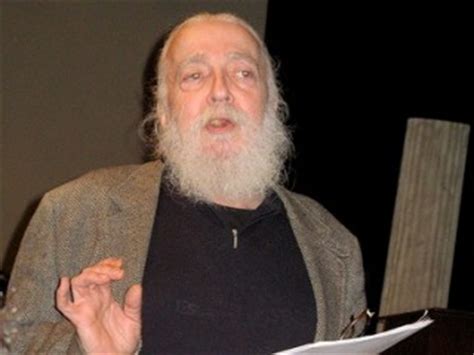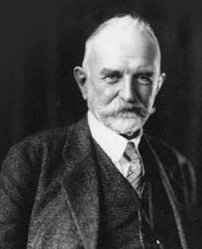A Quote by Arthur Koestler
When a person identifies himself with a group his critical faculties are diminished and his passions enhanced by a kind of emotive resonance. The individual is not a killer, the group is, and by identifying with it, the individual becomes one. This is the infernal dialect reflected in man's history.
Related Quotes
Man, the more he gains freedom in the sense of emerging from the original oneness with man and nature and the more he becomes an "individual," has no choice but to unite himself with the world in the spontaneity of love and productive work or else to seek a kind of security by such ties with the world as destroy his freedom and the integrity of his individual self.
Any group or "collective," large or small, is only a number of individuals. A group can have no rights other than the rights of its individual members. In a free society, the "rights" of any group are derived from the rights of its members through their voluntary individual choice and contractual agreement, and are merely the application of these individual rights to a specific undertaking... A group, as such, has no rights.
The marriage tie becomes possessed of a history and takes to itself traditions. This history and these traditions form a great fund, to which changing conditions and growing imagination constantly add. And the traditions, more especially, bear heavily upon the individual, overmastering his natural expression of the love instinct and forcing him to an artificial expression of that love instinct. He loves, not as his savage forbears loved, but as his group loves.
Individual versus group selection results in a mix of altruism and selfishness, of virtue and sin, among the members of a society. If one colony member devotes its life to service over marriage, the individual is of benefit to the society, even though it does not have personal offspring. A soldier going into battle will benefit his country, but he runs a higher risk of death than one who does not. An altruist benefits the group, but a layabout or coward who saves his own energy and reduces his bodily risk passes the resulting social cost to others.
If every person has the right to defend - even by force - his person, his liberty, and his property, then it follows that a group of men have the right to organize and support a common force to protect these rights constantly. Thus, since an individual cannot lawfully use force against the person, liberty, or property of another individual, then the common force - for the same reason - cannot lawfully be used to destroy the person, liberty, or property of individuals or groups.
Individualism regards man - every man - as an independent, sovereign entity who possesses an inalienable right to his own life, a right derived from his nature as a rational being. Individualism holds that a civilized society, or any form of association, cooperation or peaceful co-existence among men, can be achieved only on the basis of the recognition of individual rights - and that a group, as such, has no rights other than the individual rights of its members.
Power corresponds to the human ability not just to act but to act in concert. Power is never the property of an individual; it belongs to a group and remains in existence only so long as the group keeps together. When we say of somebody that he is 'in power' we actually refer to his being empowered by a certain number of people to act in their name. The moment the group, from which the power originated to begin with ... disappears, 'his power' also vanishes.


































